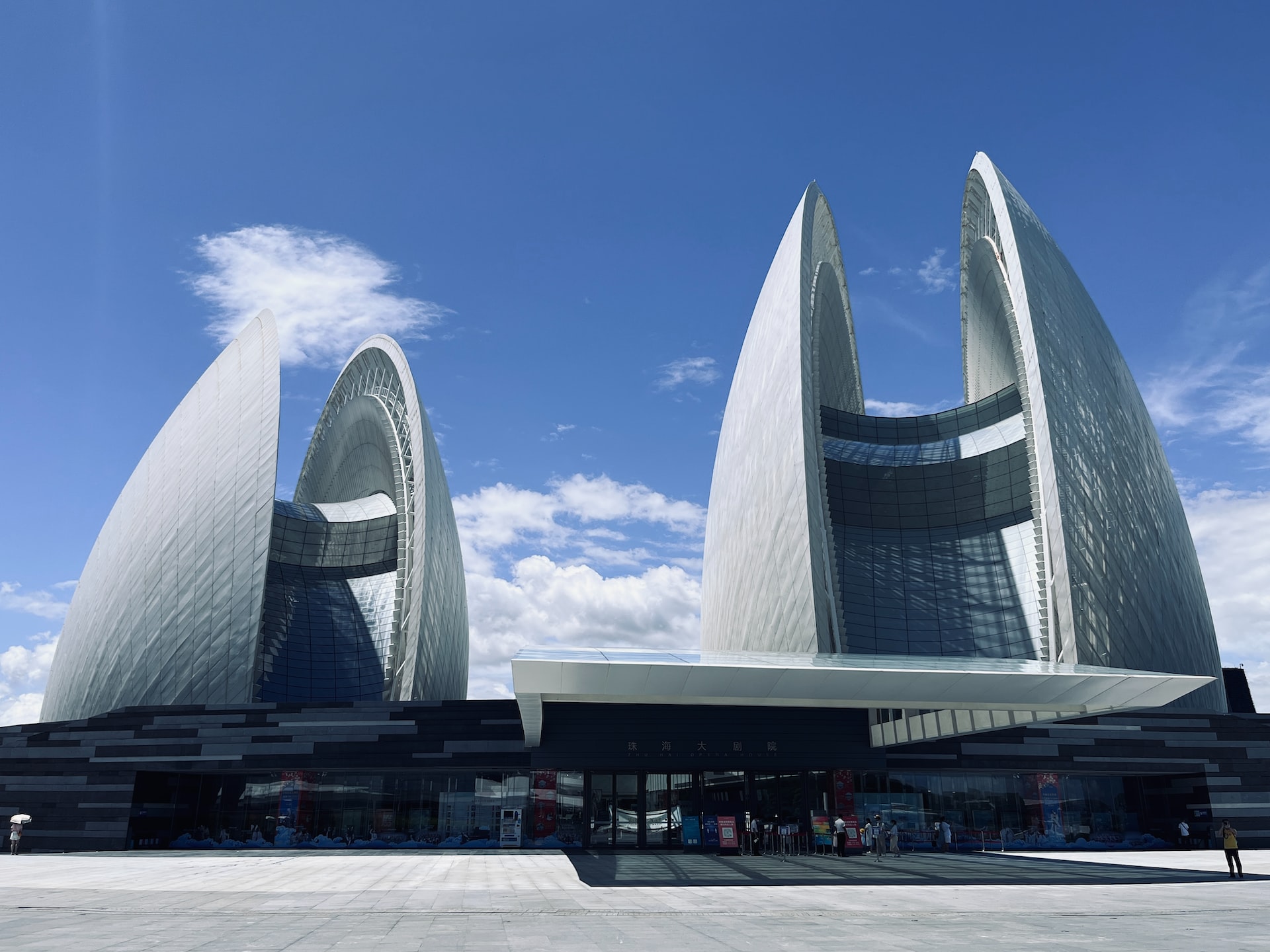HONG KONG HAS PROGRESSED significantly since its reunification with the Motherland. The past decade has seen abrupt changes in our country’s internal and external environment and Hong Kong has undergone ups and downs including unforgettably tumultuous times in 2014 and 2019.
Yet, thanks to the principle of “One Country, Two Systems”, and the bold leadership of the Central Government, Hong Kong has finally weathered the storms and opened a new page under the new administration.
Hong Kong has been an open and international city and we take pride in our capabilities in having the best of both worlds: a gateway to an open China, a free and open capitalist economy, an independent judiciary and common law system, and a city of vibrant culture, fascinating countryside and excellent cuisine.
HOSTILE APPROACH
Unfortunately, in recent years, many western countries have adopted a very hostile approach towards China, some of which even took part in the riots in 2019 with an aim to endanger our national security and secede Hong Kong from China.
The six months of riots were successfully contained by the Hong Kong police who did not kill a single rioter. The degree of restraint showed by our police amid life-threatening situations in successive months should be applauded.
While Hong Kong has benefitted from being the gateway between the West and China during the past century, when national security is being threatened and this city becomes the interface of fierce struggle between western powers and a rising China, we have no choice but to join the battle of our nation.
National Security Law has brought peace and stability back to Hong Kong. But it has become an excuse for western countries to impose sanctions on our government officials. Some people cannot even use basic banking services due to barbaric sanctions by the United States.
UNSUBSTANTIATED ACCUSATIONS
The SAR Government has responded swiftly and forcefully to unsubstantiated accusations from Western politicians and media. According to a study of western media reports on Hong Kong led by the present writer, the number of responses from senior officials to Western media increased from 18 in 2020 to 39 in 2021, with Mr John Lee, the then Secretary for Security and Chief Secretary of Administration, toping the list among all officials.
One line of attack by the western media is about the “expiry” of “One Country, Two Systems”. Therefore, it was reassuring that President Xi Jinping affirmed the commitment to the implementation of the policy when visiting the city to mark its 25th anniversary as a Special Administrative Zone on July 1 this year. This made it clear that there is no reason to change such a good system and it must be adhered to in the long run.
Another line of attack is to say the Central Government has “interfered” with Hong Kong affairs. While the Central Government has exercised its constitutional power based on the country’s Constitution and the Basic Law in a responsible manner, it has clarified its position by reaffirming its “comprehensive jurisdiction” over Hong Kong in a White Paper issued in 2014. It is nothing more than stating the obvious, which is that the city’s high degree of autonomy comes solely from the authorization of the Central Government.
REFORMED POLITICS
The reform of our electoral system is another bold attempt of the Central Government to ensure the full and faithful implementation of “One Country, Two Systems”. The debate on the timetable and roadmap and proposals of universal suffrage in the past two decades has caused deep divisions among Hong Kong people, and between Hong Kong and the Mainland.
The new electoral system, governed by the principles of “Patriots administering Hong Kong” serves to dispel the myths of the superiority of “western democracies” and allow an electoral system with Hong Kong characteristics to take root for the years to come.
Under the reformed electoral system, both the Election Committee and the Legislative Council have been expanded. The number of sectors in the Election Committee increased from four to five, with each comprising 300 members, including representatives of Hong Kong members of related national organizations.
The improvement of the electoral system is to ensure a healthier development of Hong Kong’s democracy to acknowledge the spirits of balanced participation, pluralistic and orderly democracy, which is in stark contrast to the previous electoral system that led to endless political infighting and strife.
MORE INTEGRATION

Above all, other significant steps for advancing the “One Country, Two Systems” policy includes the development of the Greater Bay Area, where Hong Kong can leverage its unique strengths to integrate itself into national development for pursuing exponential economic growth.
The Central Government has also rolled out numerous measures to facilitate Hong Kong people to work, study and live on the mainland.
The past decade has witnessed momentous efforts by the Central Government to advance and smooth the implementation of “One Country, Two Systems” in Hong Kong. With all these initiatives, big progress has been made towards restoring stability, and therefore the city is focused on its priorities on boosting economic development and resolving livelihoods.
POLICY ADDRESS
Looking ahead, the Administration will fully implement the proposals and spirit of the July 1 speech by President Xi. The first Policy Address of Chief Executive John Lee will be released in October 19 and the people of Hong Kong are raising their expectations for ways to improve governance, ensure strong economic growth, and address concerns and difficulties of the working classes and young people.
The principle of “One Country, Two Systems”, a unique arrangement, has been curated to facilitate Hong Kong’s reunification with the nation. Going forward, Hong Kong will unleash its great vibrancy and vitality, and the principle of “One Country, Two Systems” will survive and thrive beyond 2047.
Henry Ho is founder and chairman of One Country Two Systems Youth Forum
Image at the top by Cheung Yin/Unsplash

